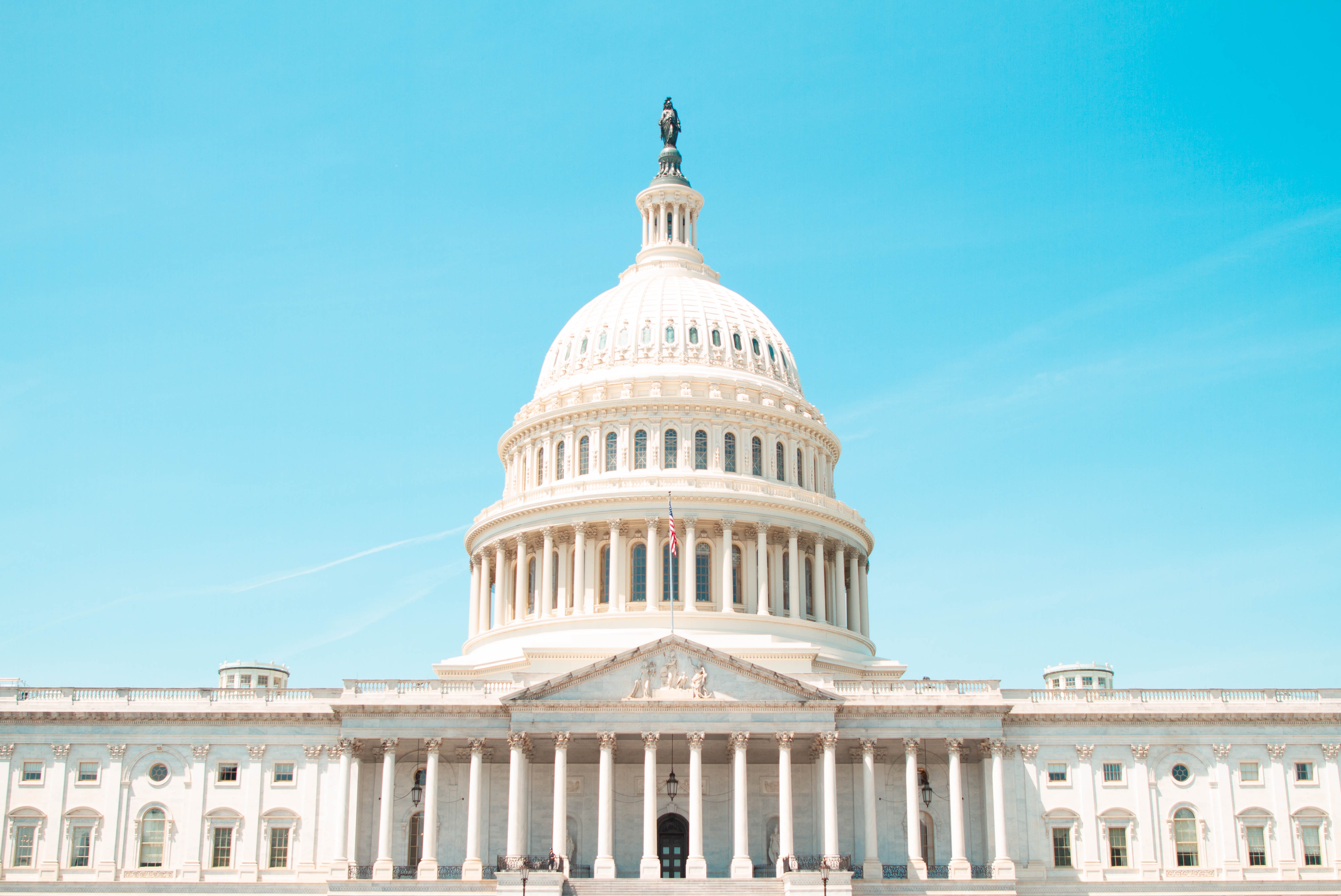About
Decision makers around the world debate the viability of new market-based climate policies, but our inability to accurately forecast their economic costs and consequences makes it challenging to determine which policies can deliver the best results. In some cases, program evaluation of similar past policies may be informative. However, when the policy of interest is relatively novel, policymakers often turn to economic models with poorly constrained primitive parameters. Previously existing methods to evaluate climate policies have been characterized by this dilemma, with different models producing a wide range of cost estimates.
We approached this problem by developing a new empirical method that allows us to forecast the cost of climate policies – specifically, cap-and-trade. Rather than relying on hard-to-test modeling assumptions, our approach leverages stock and prediction markets data to quantify the expected cost of proposed policies including the most prominent U.S. cap-and-trade policy considered to date, the Waxman-Markey Bill.
